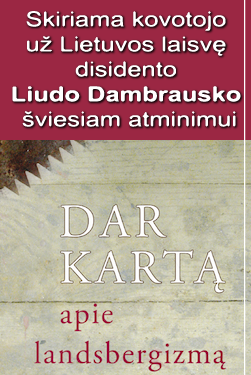The Constitutional Court has clarified that, under the Constitution, the Lithuanian parliament cannot establish the legal regulation under which prosecutors are obliged to the legislative or the executive branch of the government to report on their constitutional functions. This means that the General Prosecutor cannot be forced to provide reports on the Prosecutor's Office that must be approved by the Parliament, the President or the government. The court ruled that to impose such an obligation would be to interfere with the prosecutors engaged in constitutionally established functions and activities, as well as the prosecutor's independence set forth in the Constitution.
The court also clarified that under the Constitution grounds and procedures for dismissal of the General Prosecutor must be established only by law. The method by which the parliament decides on the approval of the president 's proposal to appoint or dismiss the Prosecutor General can be found in the statue of the Lithuanian parliament.





























